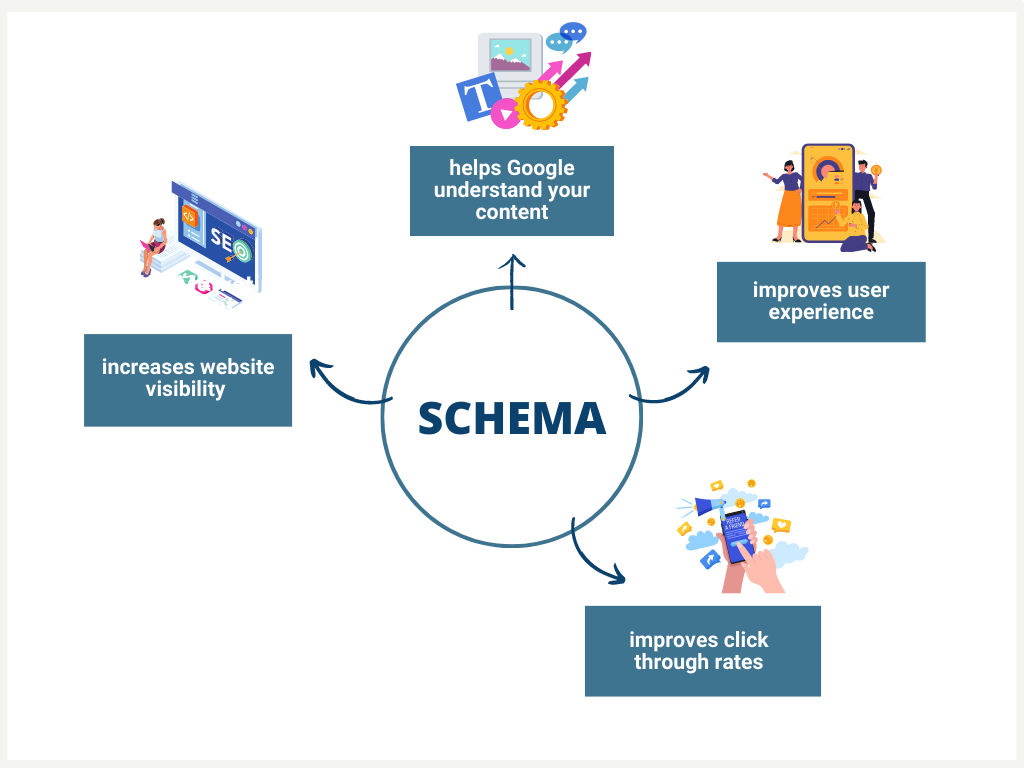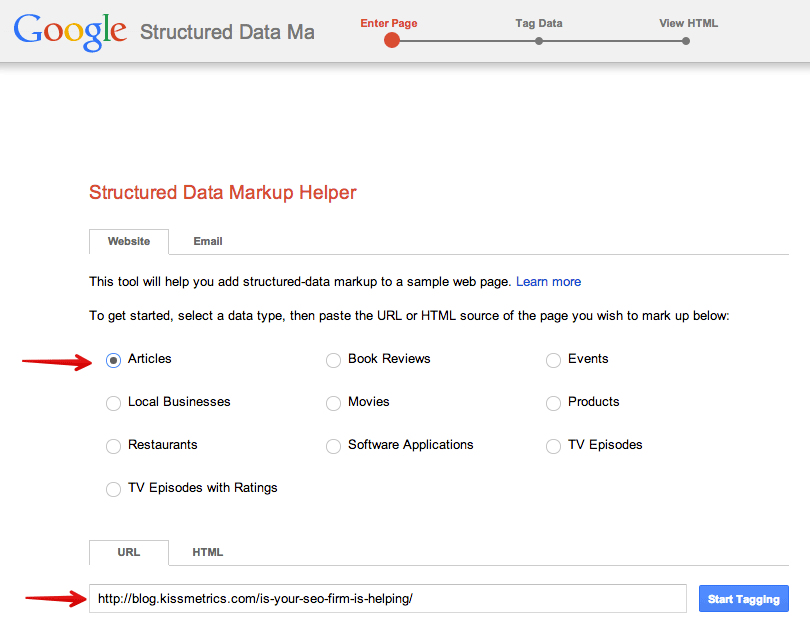What is schema markup?
Schema markup is a standardized code format that helps search engines better understand and interpret website content. It provides structured data that clearly defines different elements on your webpage, from articles and products to events and organizations, enabling search engines to display more informative and engaging search results.
Why is schema markup important?
Schema markup is crucial because it enhances your website's visibility in search results and improves how search engines interpret your content. By implementing schema markup, you can achieve rich snippets, knowledge panels, and enhanced SERP features that increase click-through rates. This structured data helps search engines understand your content context, potentially leading to better rankings and increased organic traffic.
What types of schema markup are available?
How do you implement schema markup correctly?
How do I get started with schema markup?
What are the benefits of schema markup for businesses?
Schema markup encompasses various types, each designed to enhance your website's search visibility. Key types include Organization, Local Business, Product, Article, Event, Recipe, and Review schemas. Using the right combination of these schemas ensures your content is properly understood and displayed by search engines across different contexts.
Proper schema markup implementation requires attention to detail and adherence to schema.org guidelines. It involves selecting appropriate schema types, formatting the code correctly, and testing implementation. Regular validation through Google's Rich Results Test ensures your markup is working as intended.
Getting started with schema markup begins with identifying the most relevant schema types for your content. You can implement it through JSON-LD (recommended by Google), Microdata, or RDFa formats. Many content management systems offer plugins or tools to help with implementation. Regular testing and monitoring through search console helps ensure proper functionality.
Schema markup helps businesses improve their search visibility, enhance SERP appearances, and potentially increase click-through rates. It can lead to rich snippets, knowledge panels, and other enhanced search features. This structured data approach helps search engines better understand your content, potentially improving your overall search performance and user engagement.

























